
A Digital Newsletter from the Georgia Council on Developmental Disabilities • June 2022
The Georgia Council on Developmental Disabilities newsletter from keeps you up-to-date on the latest news from what’s happening with public policy in Georgia to COVID-19 updates to upcoming events. This issue has a special feature on the novel business incubator for people with developmental disaibilites, Synergies Work.
In This Issue:
- A Message from GCDD Council Chairman
- Getting to Know Your Legislator
- COVID-19 Update
- GCDD Welcomes Three New Council Members
- Idea to Incubation: Entrepreneurship Success for People with Developmental Disabilities
- Calendar Spotlight
A Message from GCDD Council Chairman
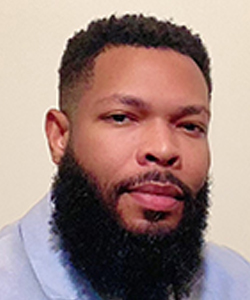 As we look toward the future, The Georgia Council on Developmental Disabilities (GCDD) has accomplished a lot over the past year, but there is still much work to be done. GCDD is committed to educating and supporting families, creating fully inclusive communities, working to get available, accessible, flexible, and responsive services for the disability community, advocacy, and ensuring public policy is founded on accurate research and information and best practices.
As we look toward the future, The Georgia Council on Developmental Disabilities (GCDD) has accomplished a lot over the past year, but there is still much work to be done. GCDD is committed to educating and supporting families, creating fully inclusive communities, working to get available, accessible, flexible, and responsive services for the disability community, advocacy, and ensuring public policy is founded on accurate research and information and best practices.
There were budget wins in this past legislative session. Now is a very important time than ever to start a conversation and build a relationship with your legislator. As we go into the summer months, this is a great opportunity for you to get to know your legislators and thank them for the wins while session is out. COVID-19 is here to stay. Although numbers have been declining, the virus is still here, and people should take all measures to be safe. There are updates regarding vaccinations and access, including a new vaccination that is on the horizon for children under five years old. This issue of the e-newsletter will feature an article update about COVID-19 and getting vaccinated as it relates to the disability community.
We are pleased to announce three new council members: Barbara “Baps” Hall, Wina Low, and Sharifa Peart. These ladies represent a diverse team with over thirty years combined experienced in working with individuals with disabilities and their families. The council is charged with creating systems change for people with developmental disabilities and their families by increasing opportunities for independence, inclusion, integration, productivity, and self-determination and is charged with identifying the most pressing needs of people with developmental disabilities in Georgia. The GCDD Council Members are committed to advancing public policy and systems change that help the lives of individuals with intellectual developmental disabilities.
This issue of the e-newsletter will also feature a highlight of Synergies Work, a community partner who helps individuals with disabilities build sustainable businesses by connecting them to the larger business community, helping them access funding, and get the resources they need to succeed.
We hope you enjoy reading the newsletter and hope that these articles plus updates on what is happening in Georgia will provide you with new and useful information. We want to hear from you. Let us know your thoughts and comments about the newsletter by writing .
Nick Perry, Chairman

Getting to Know Your Legislator
Public Policy for the People provides public policy updates as it pertains to people with disabilities here in Georgia.

With the legislative session over and elections season not quite in full swing, summer is the perfect time to reach out to your state legislators. State representatives and senators are back in their home districts, and many are running re-election campaigns. It’s a great time to reach out and let them know what problems you see and what policies could earn your vote this November.
Georgia’s General Assembly is a part-time citizen legislature. This means that legislating is not a full-time job, and our legislators are rarely policy experts. They are members of your community who have other pursuits and often full-time jobs outside of their legislative work. Georgia’s legislators rely on others–and especially their constituents–to tell them what important issues are facing Georgia.
Many times during the legislative session, a senator or representative will introduce a resolution or a bill because of a conversation they had with a constituent. Citizens and voters play a key role in bringing issues to the table that might otherwise go unnoticed. State representatives have far fewer constituents and hear from their constituents far less often than federal representatives. Although reaching out to your federal legislators is also valuable, state government represents a unique opportunity to have more influence.
Hearing from a self-advocate or a family member can be eye-opening for a legislator who may not have much personal experience with intellectual or developmental disabilities in their everyday life. Telling your state senator or representative about your personal experiences and linking them to an actionable policy response can be highly effective.
It’s also helpful to thank your legislator for all the hard work they did during the legislative session, and especially for any efforts they made to support Georgians with developmental disabilities. Our elected officials tend to hear a lot about the problems facing our state, so it is refreshing for them to hear about successes. During the 2022 session, Georgia made historic investments in funding for NOW and COMP waivers services. Nearly every legislator voted in favor of the omnibus budget bill that included this funding, so there’s a good chance you will be able to thank your legislator for their support.
GCDD has many resources to support you and your family as you reach out to your senator and representative. You can find your legislators, find their contact information, use our email template, and view our guide for sharing your story with a senator or representative. Happy advocating!

COVID-19 Update
By Naomi D. Williams, GCDD Vaccination Project Coordinator
In May 2022, the United States of American reached the grim milestone of over one million Americans dying from COVID-19. As summer approaches, many people are living and going about their daily lives—the same as they were before the pandemic began. Society wants to go about life as if COVID-19 is over, but the fact is that the COVID-19 pandemic is not over. The world has endured two years of a life altering virus. People are eager for things to go back to the way they were pre-pandemic, but now is not the time to become complacent and simply revert to living the way we want and doing what we want to do.
What lessons has COVID-19 taught us over the past two years?
COVID-19 affects and impacts people from all walks of life. No one is immune from getting COVID-19, and if contracted, it can affect people differently. There are people who live with and suffer from long-term, lingering symptoms, called “long covid.” The best way of decreasing the spread of the virus and protecting against severe outcomes is by washing and sanitizing your hands often, wearing a mask indoors and when around others you don’t usually share space with, and staying current with your vaccinations and booster shots. We’ve also learned that even by taking all precautions, we can still get infected with the virus.
You may wonder what’s the point of taking precautions and implementing prevention steps if there is still a possibility of contracting the virus? That’s a great question to ask. Research has shown, and we’ve seen firsthand, that the virus mutates, and new variants are born, some stronger than others. The virus will continue to change because that’s what viruses do to survive. Since a vaccination has become available, research has shown that people who are unvaccinated experience more severe complications and account for more COVID-19 deaths than those who are vaccinated.
New Updates
- Over one million people have died in the U.S. from COVID-19
- Every state is showing increased cases of COVID-19, along with increased hospitalizations
- Booster shots (Pfizer) for children ages 5-11 years old are approved by the CDC
- Public Health Emergency (PHE) designation is set to end July 15th. This means exceptions that have been made during the Public Health Emergency will go away, such as Appendix K; Nursing Aides needing certification to work in nursing homes; telehealth appointments not being covered the same; and free COVID-19 testing, treatment, and vaccination, and more)
Known Facts
- COVID-19 is still here. It’s still making people sick. It’s still causing people to be admitted to the hospital. It’s still a cause of preventable deaths.
- Wearing a mask and frequently washing our hands help reduce the spread of the virus.
- Vaccines and booster shots are still available for free.
- COVID-19 vaccination reduces the risk of severe outcomes, such as hospitalizations, long COVID-19 effects, and possible death from the virus.
- Information on COVID-19 vaccines in Georgia is available at https://dph.georgia.gov/covid-vaccine
- You can order free at-home COVID-19 test kits at https://www.covid.gov/tests
Where do we go from here?
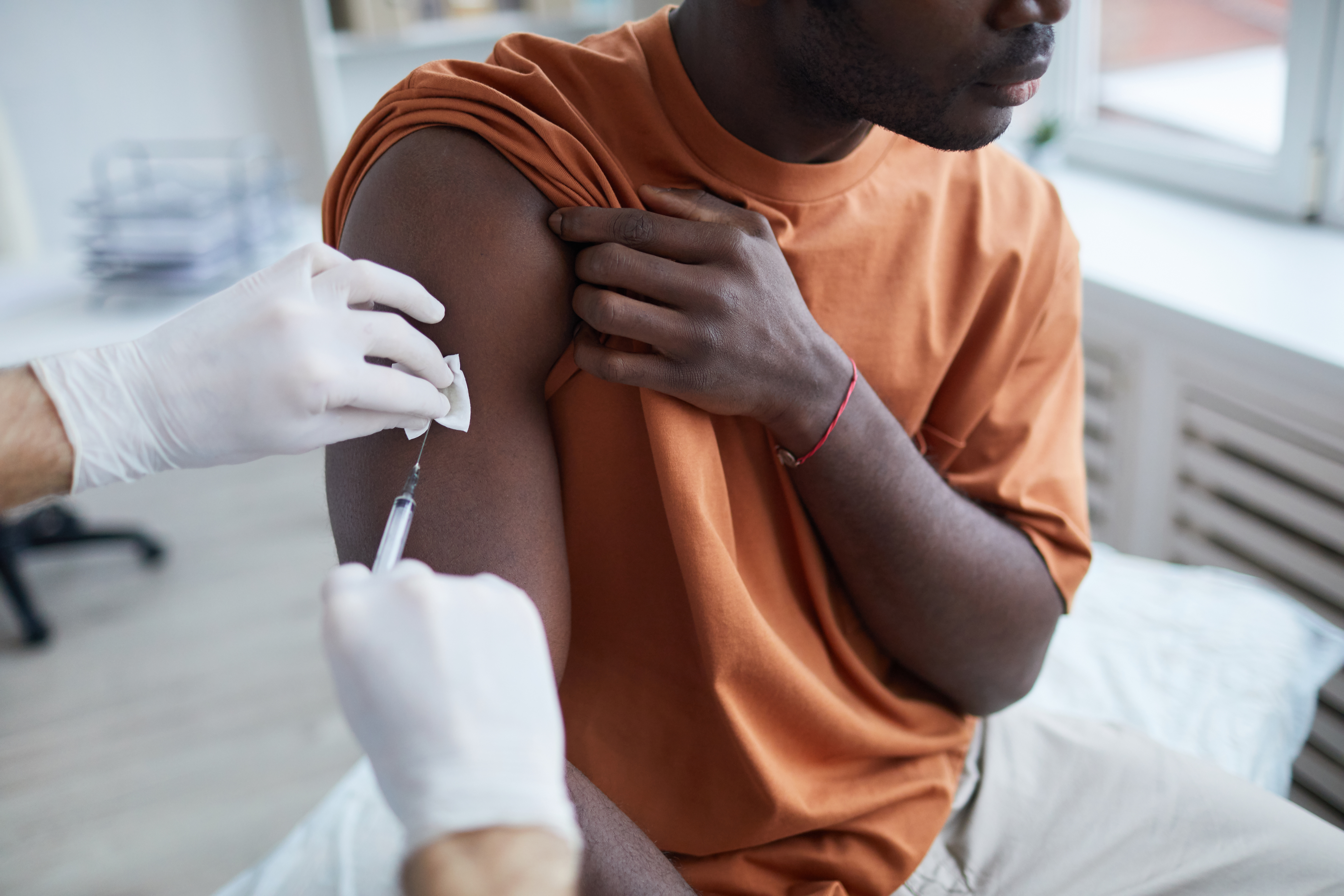 The Georgia Council on Developmental Disabilities (GCDD) is committed to keeping individuals with intellectual and developmental disabilities and their family members informed about pandemic developments. We encourage you to plan for and protect yourself and your family. Stay S.M.A.R.T. and advocate for what you need to stay active, healthy, and included:
The Georgia Council on Developmental Disabilities (GCDD) is committed to keeping individuals with intellectual and developmental disabilities and their family members informed about pandemic developments. We encourage you to plan for and protect yourself and your family. Stay S.M.A.R.T. and advocate for what you need to stay active, healthy, and included:
Shots: Get your booster shot and share with others why you chose to get vaccinated. If you have health conditions that prevent you from getting the vaccine, share how others getting their shot and being vaccinated continues to help protect you.
Make a plan: Plan how to best protect yourself and your family members from contracting the virus and how to minimize its effects if you do get the virus. When everything shut down in March 2020, many were stuck not knowing what to do next. What can you put into action now? What resources and supports do you need to stay active, safe, and included?
Ask for help: The last couple of years have taken a toll on us emotionally and mentally. The isolation and feeling of overwhelm is real for everyone. It is more pronounced and palpable in the aging and disability communities. It’s okay to ask for help and seek out a counselor or therapist to work through the trauma that you or a loved one may have experienced.
Resources: Find the resources that you need to keep you and your family’s needs met for 90 days. Do you have refills for your prescriptions? Do you need to see your doctor? Do you have masks, hand sanitizer, cleaning products, toiletries, and food? This is not a suggestion that you hoard any of these items, it’s a reminder to consider what you need to have on hand or accessible to remain active, healthy, safe, and included.
Time: Now is the time to prepare and protect yourself from future infections, such as the flu, before fall COVID-19 surges, and even other natural disasters and emergencies such as a fire, power outage, or hurricane. March 2020 caught many of us unprepared. We expected to be back to our “normal” lives within six months. Now, over two years later with no defined end in sight, it’s important to ensure that you do what you can control to keep yourself and your family active, included, safe, and supported. Prepare for the worst and hope for the best.
Remember: People may be over covid, but covid is not over!

GCDD Welcomes Three New Council Members
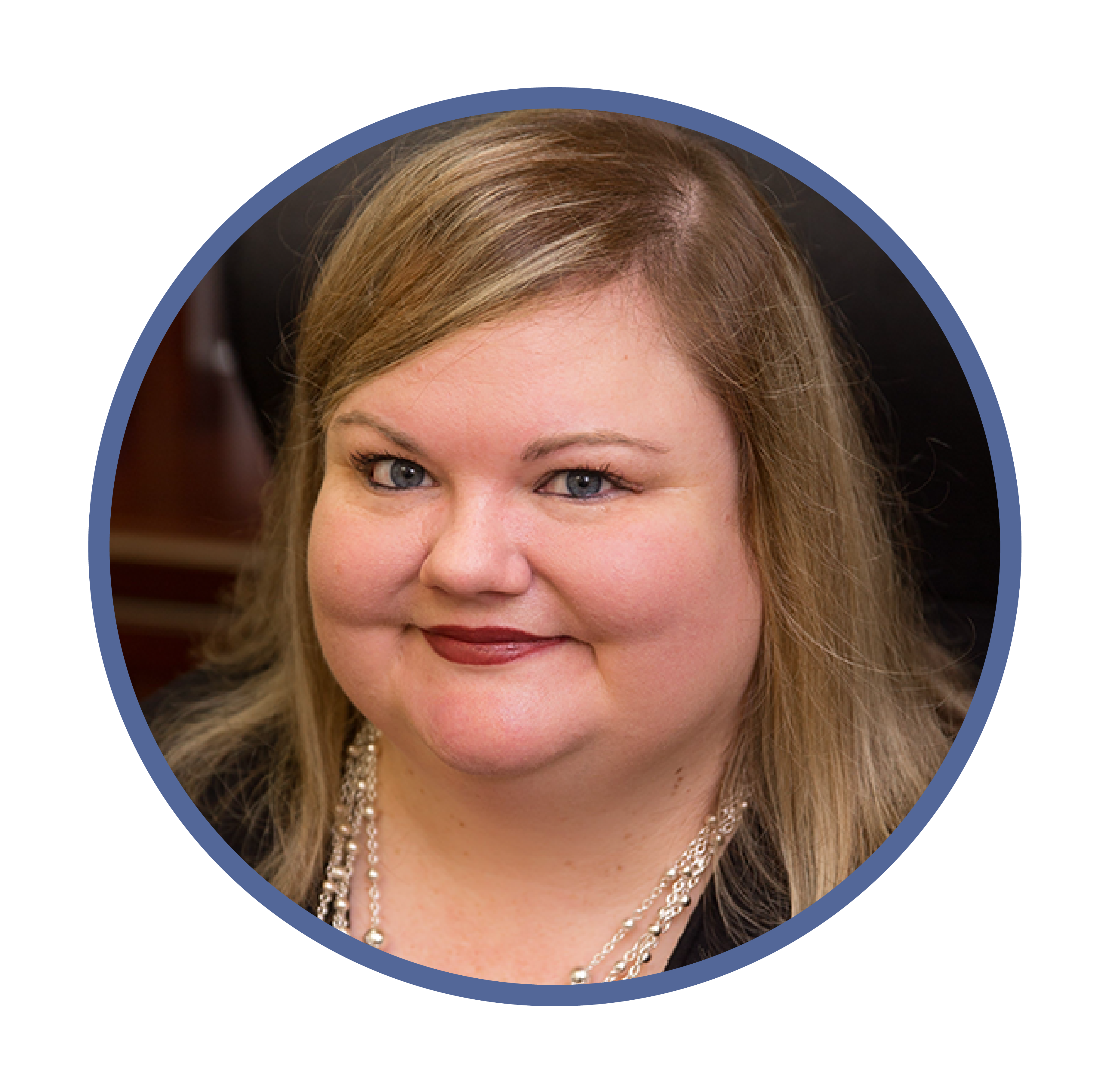 Barbara “Babs” Hall is employed with the Georgia Department of Human Services (DHS) Division of Aging Services as the Aging and Disability Resource Connection (ADRC) Team Lead. She has worked in the field of health and human services for over 20 years, including field experience in both Child Protective Services and Adult Protective Services as well as non-profit aging and behavioral health services. Prior to joining the team at the Division of Aging Services, Hall served as the Family Support Manager and Statewide Participant-direction Manager for the Georgia Department of Behavioral Health and Developmental Disabilities (DBHDD). Additionally, Hall previously served as the Corporate Compliance Officer and Individual Rights Coordinator with Aspire Behavioral Health and Developmental Disability Services as well as the Aging and Disability Resource Connection (ADRC) Program Manager for SOWEGA Council on Aging, both located in Albany, Georgia. She also served as the Affiliate Relations Manager with the National Alliance on Mental Illness (NAMI) Georgia chapter, currently serves on the Executive Committee of the Georgia Gerontology Society as the immediate Past-President, and was named to Georgia Trend’s 40 Under 40 list in 2017. Hall grew up surrounded by family and friends who believed in giving back to the community, which instilled a sense of purpose in Hall and later defined her career path. She is currently enrolled in graduate school, pursuing a Master of Science in Organizational Leadership with a specialization in healthcare, is a newlywed to her husband Dave, and has three cats.
Barbara “Babs” Hall is employed with the Georgia Department of Human Services (DHS) Division of Aging Services as the Aging and Disability Resource Connection (ADRC) Team Lead. She has worked in the field of health and human services for over 20 years, including field experience in both Child Protective Services and Adult Protective Services as well as non-profit aging and behavioral health services. Prior to joining the team at the Division of Aging Services, Hall served as the Family Support Manager and Statewide Participant-direction Manager for the Georgia Department of Behavioral Health and Developmental Disabilities (DBHDD). Additionally, Hall previously served as the Corporate Compliance Officer and Individual Rights Coordinator with Aspire Behavioral Health and Developmental Disability Services as well as the Aging and Disability Resource Connection (ADRC) Program Manager for SOWEGA Council on Aging, both located in Albany, Georgia. She also served as the Affiliate Relations Manager with the National Alliance on Mental Illness (NAMI) Georgia chapter, currently serves on the Executive Committee of the Georgia Gerontology Society as the immediate Past-President, and was named to Georgia Trend’s 40 Under 40 list in 2017. Hall grew up surrounded by family and friends who believed in giving back to the community, which instilled a sense of purpose in Hall and later defined her career path. She is currently enrolled in graduate school, pursuing a Master of Science in Organizational Leadership with a specialization in healthcare, is a newlywed to her husband Dave, and has three cats.
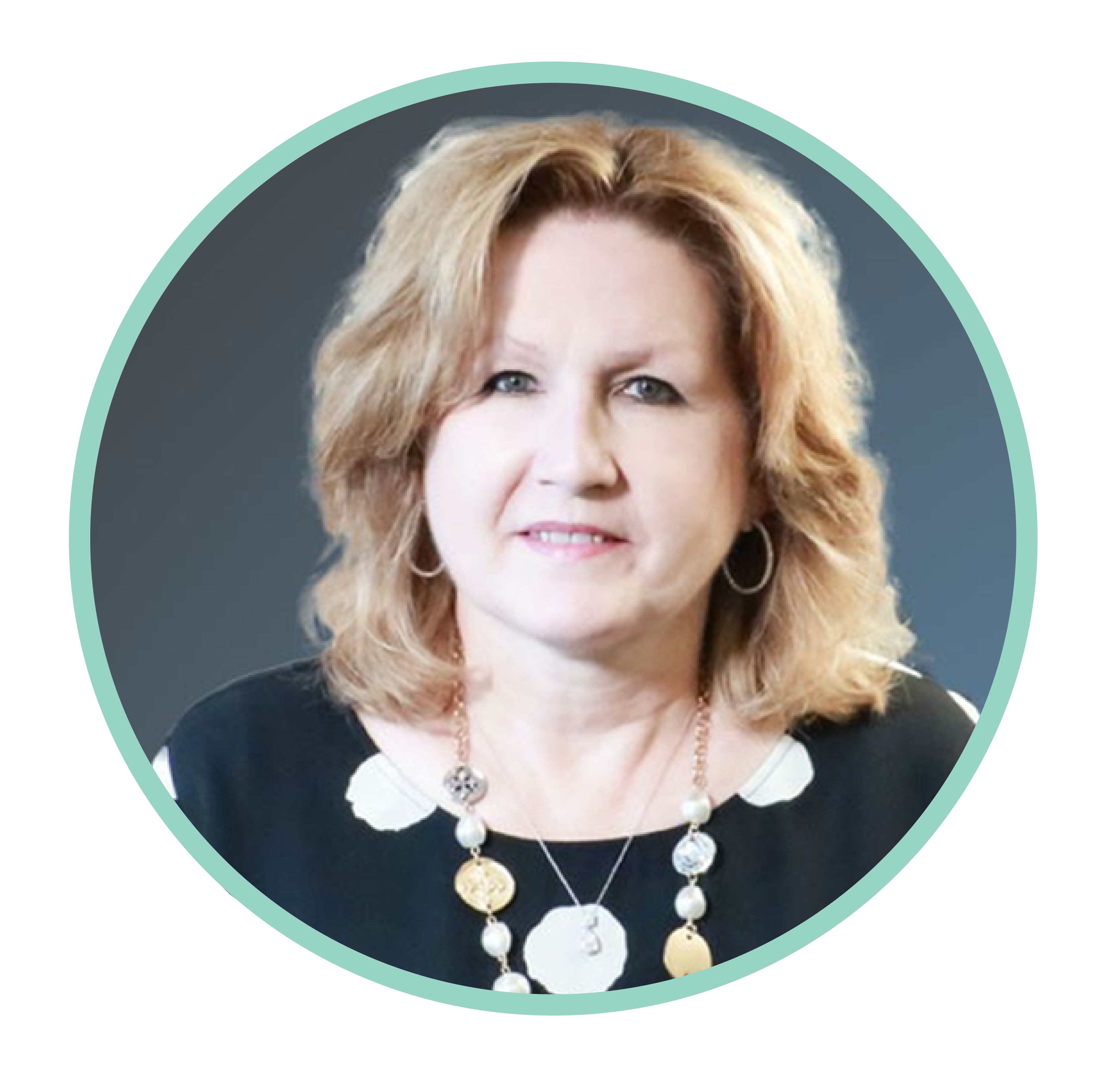 Wina Low currently serves as the State Director with the Georgia Department of Education, Division for Special Education Supports and Services and has been working in the disability community and industry since 1989. Prior to serving as State Director, she was a Program Manager Senior with primary responsibilities including the Teacher/Provider Retention Program, leadership for the CEEDAR project, co-lead for the Special Education Leadership Development Academy as well as effective transition, assistive technology, and professional learning while maintaining a focus on improved post-secondary outcomes for students with disabilities. Low has 38 years of experience as an educator having served as a middle grade’s classroom teacher, educational diagnostician, and local district Student Services Director for 17 years prior to joining the Georgia Department of Education in 2013. She enjoys supporting students and their families to remove barriers academically, as well as in life. Additionally, Low enjoys spending time with her family, including her English Bulldog Lucy and loves to travel.
Wina Low currently serves as the State Director with the Georgia Department of Education, Division for Special Education Supports and Services and has been working in the disability community and industry since 1989. Prior to serving as State Director, she was a Program Manager Senior with primary responsibilities including the Teacher/Provider Retention Program, leadership for the CEEDAR project, co-lead for the Special Education Leadership Development Academy as well as effective transition, assistive technology, and professional learning while maintaining a focus on improved post-secondary outcomes for students with disabilities. Low has 38 years of experience as an educator having served as a middle grade’s classroom teacher, educational diagnostician, and local district Student Services Director for 17 years prior to joining the Georgia Department of Education in 2013. She enjoys supporting students and their families to remove barriers academically, as well as in life. Additionally, Low enjoys spending time with her family, including her English Bulldog Lucy and loves to travel.
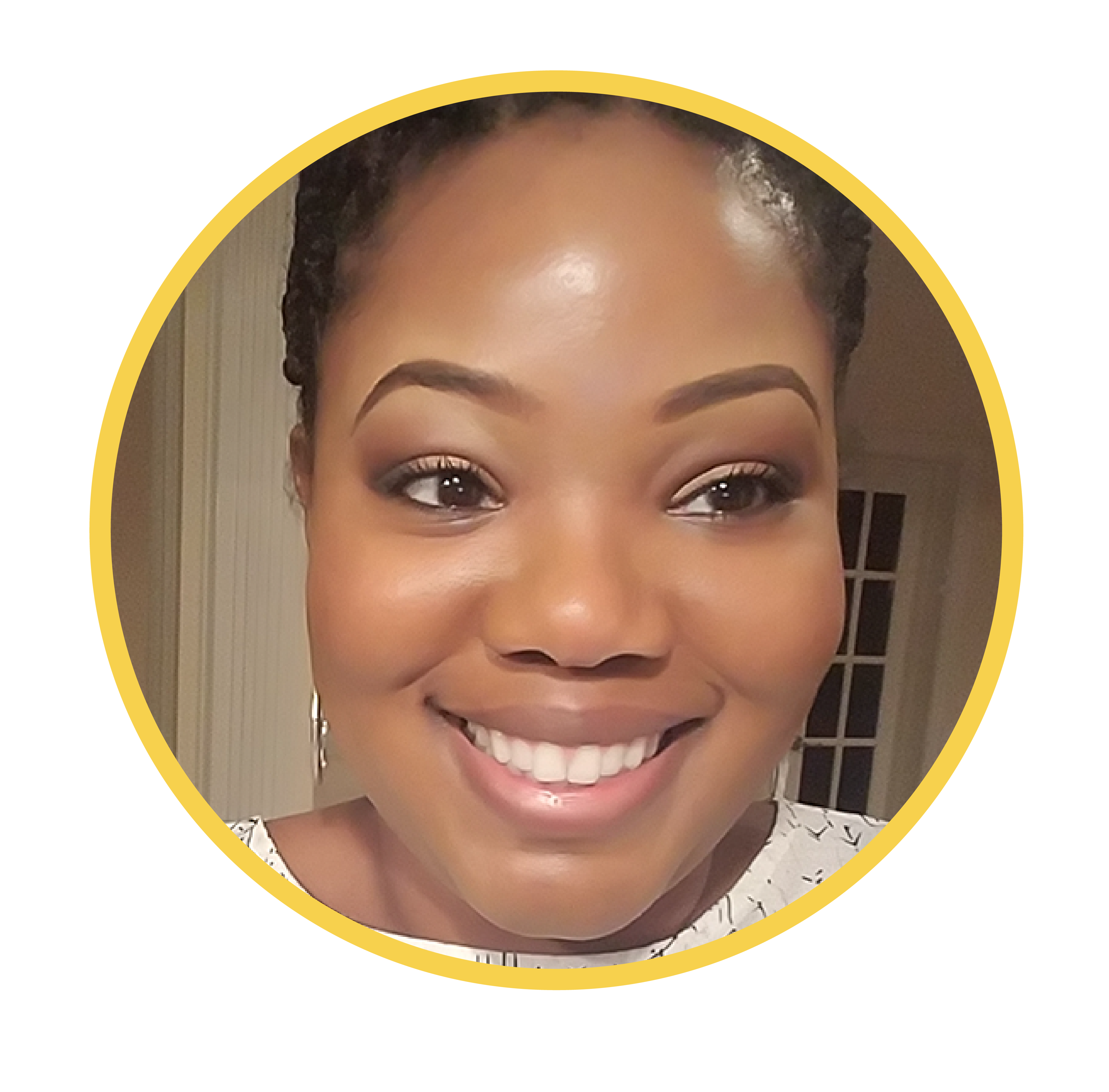 Sharifa Peart currently works for the Georgia Department of Public Health, Maternal and Child Health Section. In her current role, she is the Children and Youth with Special Health Care Needs Director. Peart has worked within this industry for the past ten years. Prior to her role with the Georgia Department of Public Health, she worked with a nonprofit named the Georgia Lions Lighthouse Foundation where she oversaw its hearing services program. Peart has committed her professional career to serving others and she enjoys working with so many passionate individuals working to make Georgia a better place. In her free time, she enjoys traveling, reading, cooking, and exploring Georgia’s state parks.
Sharifa Peart currently works for the Georgia Department of Public Health, Maternal and Child Health Section. In her current role, she is the Children and Youth with Special Health Care Needs Director. Peart has worked within this industry for the past ten years. Prior to her role with the Georgia Department of Public Health, she worked with a nonprofit named the Georgia Lions Lighthouse Foundation where she oversaw its hearing services program. Peart has committed her professional career to serving others and she enjoys working with so many passionate individuals working to make Georgia a better place. In her free time, she enjoys traveling, reading, cooking, and exploring Georgia’s state parks.

Idea to Incubation: Entrepreneurship Success for People with Developmental Disabilities
The Synergies Work i2i (Idea to Incubation) Program is the only entrepreneurial program in the United States offering mentorship, business education, funding, and ongoing support to enable individuals with disabilities to launch and grow sustainable businesses.
The i2i Incubator Program is offered every 6 months, and participants engage weekly for a 10-week period. Members of each i2i Cohort participate in weekly Learning Labs with business leaders, receive one-on-one coaching from mentors, and receive 2-6 hours of support from the Synergies Work team to actively develop their business ideas, create a sustainable support structure, develop their business plan, and outline the steps necessary to successfully achieve their business goals.
Founded by Aarti Sahgal, a parent of a young adult with Down Syndrome, Synergies Work believes in raising the bar for individuals with disabilities by challenging the soft bigotry of low expectations.
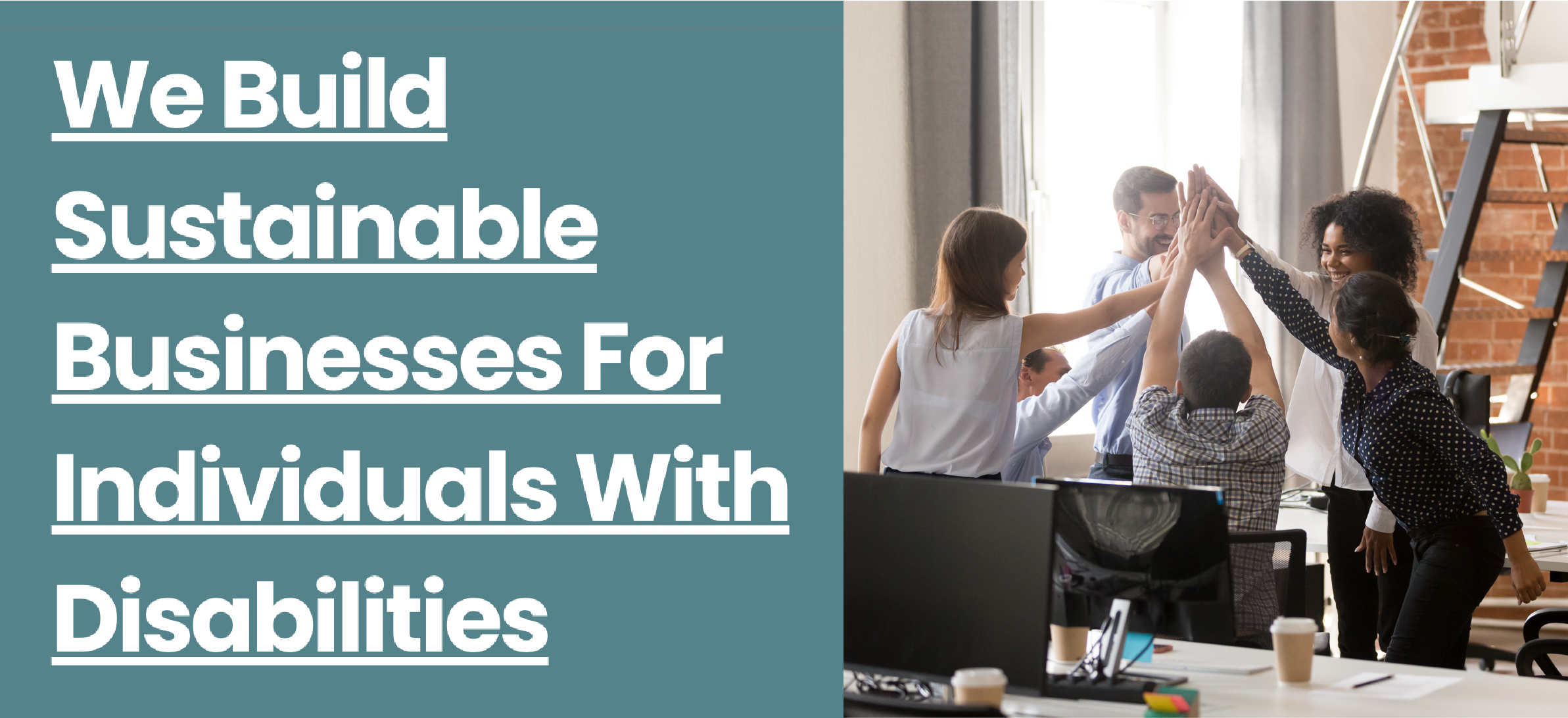 Throughout the program, each participant receives between 20-50 hours of support from established entrepreneurs, legal consultants, accountants, disability rights advocates, and other members from the business and disability community to help them navigate the world of entrepreneurship and create a sustainable structure that can help them succeed following the incubator.
Throughout the program, each participant receives between 20-50 hours of support from established entrepreneurs, legal consultants, accountants, disability rights advocates, and other members from the business and disability community to help them navigate the world of entrepreneurship and create a sustainable structure that can help them succeed following the incubator.
The program is open to all people who self-identify as disabled and comes at zero cost to the participant. Entry into the program is based on an application and interview.
After successful completion of the i2i Incubator Program, participants graduate to the i2i Accelerator Program that provides one-on-one support for participants to execute their business plan and make it sustainable. The Accelerator Program is a two-year commitment, and Synergies Work staff frequently continue to support entrepreneurs after the two years has been completed.
Participants who complete the i2i Incubator Program are also eligible to apply for an Impact Grant of $500-$2000, aimed at helping them to launch or grow their business. Successful applicants receive funding based on their business plan and proposed use of the grant funds.
“The work is slow and deliberate, but we are ready to do it because for us, every individual matters,” says founder Aarti Sahgal. “Like a caring parent, we nurture each individual and their business with faith and patience while creating a ‘holding environment’ for their business that buffers them against distress and creates room for experimentation.”

Quarterly GCDD Council Meeting
Mark your calendars! GCDD’s next quarterly council meeting is scheduled for July 14-15.
Learn More about Council Meetings

Did you enjoy the e-newsletter?
Tags: GCDD, Developmental Disabilities, enews, newsletter


